




Related bibliographies:
Reptiles
 Lizards Lizards
 Iguanidae Iguanidae
North America






































































































































































































































































































































| |

Bibliography of the genus
Dipsosaurus (Desert Iguanas)

(Reptilia: Sauria: Iguanidae)
Note:
In order to limit redundancy, relevant literature indexed in the related bibliographies in the left column may not have been included in this page. For a comprehensive search of literature, these bibliographies should therefore also be consulted.
Dipsosaurus in general
 |
Etheridge, R.E. 1982. Checklist of the iguanine and Malagasy iguanid lizards. pp. 7-37. In: Burghardt, G.M. & Rand, A.S. (eds.). Iguanas of the world: their behaviour, ecology and conservation. Noyes Publications, Park Ridge, New Jersey. 472 pp.
Schoenky, C. 1969. Desert iguanas. Herpetology 3(3): 5.
|
Dipsosaurus catalinensis
 |
Avila Villegas, H.; Tejas, A.; Torres, F.; Arnaud, G. 2005. Natural history notes: Crotalus catalinensis (Santa Catalina Island Rattlesnake). Diet and mortality. Herpetological Review 36(3): 323.
Carbajal-Márquez, R.A.; Rodríguez-Canseco, J.M.; Arnaud, G. 2012. Natural history notes: Dipsosaurus catalinensis (Santa Catalina Island Desert Iguana). Predation. Herpetological Review 43(1): 131-132.
Grismer, L.L. 1999. An evolutionary classification of reptiles on islands in the Gulf of California, Mexico. Herpetologica 55(4): 446-469.
Grismer, L.L. 2004. Santa Catalina Island Desert Iguanas, Dipsosaurus catalinensis: an evolutionary experiment in progress. Iguana (West Hartford) 11(1): 2-7.
|
Dipsosaurus dorsalis
 |
Anonymous. 1992. Europäische Zoo-Erstzucht: Junge Wüstenleguane im Exotarium geschlüpft. Herpetofauna (Weinstadt) 14(81): 20-21.
Anonymous. 1994. Europäische Zoo-Erstzucht. TI-Magazin 117: 57-58.
Alberts, A.C. 1989. Ultraviolet visual sensitivity in desert iguanas: implications for pheromone detection. Animal Behaviour 38(1): 129-137.
Alberts, A.C. 1991. Phylogenetic and adaptive variation in lizard femoral gland secretions. Copeia 1991(1): 69-79.
Alberts, A.C. 1992. Pheromonal self-recognition in desert iguanas. Copeia 1992(1): 229-232.
Alberts, A.C. 1993. Chemical and behavioral studies of femoral gland secretions in iguanid lizards. Brain Behavior and Evolution 41(3-5): 255-260.
Alberts, A.C. 1993. Relationship of space use to population density in an herbivorous lizard. Herpetologica 49(4): 469-479.
Allen, M.J. 1933. Report on a collection of Amphibians and reptiles from Sonora, Mexico, with the description of a new lizard. Occasional Papers of the Museum of Zoology University of Michigan 259: 1-15.
Babb, R.D.; Brennan, T.C. 2013. Natural history notes: Aspidoscelis tigris (Tiger Whiptail). Diet. Herpetological Review 44(3): 507.
Banta, B.H. 1979. An instance of a desert iguana preyed upon by a loggerhead shrike. Bulletin of the Maryland Herpetological Society 15(2): 59-60.
Barber, B.J. 1977. A theoretical and experimental analysis of behavioural temperature regulation in the lizard Dipsosaurus dorsalis. Dissertation Abstracts International (B) 37(9): 4330.
Barber, B.J. 1979. Dual threshold control of peripheral temperature in the lizard Dipsosaurus dorsalis. Physiological Zoology 52(2): 250-263.
Barber, B.J.; Crawford, E.C. 1977. A stochastic dual-limit hypothesis for behavioural thermoregulation in lizards. Physiological Zoology 50(1): 53-60.
Bealor, M.T.; O'Neil Krekorian, C. 2002. Chemosensory identification of lizard-eating snakes in the desert iguana, Dipsosaurus dorsalis (Squamata: Iguanidae). Journal of Herpetology 36(1): 9-15.
Bealor, M.T.; O'Neil Krekorian, C. 2006. Chemosensory response of desert iguanas (Dipsosaurus dorsalis) to skin lipids from a lizard-eating snake (Lampropeltis getula californiae). Ethology 112(5): 503-509.
Behr, E. 2000. Caring for desert iguanas. Reptile & Amphibian Hobbyist 6(3): 56-64.
Belkin, D.A. 1961. The running speeds of the lizards Dipsosaurus darsalis and Callisaurus draconoides. Copeia 2: 223-224.
Bennett, A.F.; Dawson, W.R. 1972. Aerobic and anaerobic metabolism during activity in the lizard Diplosaurus dorsalis. Journal of Comparative Physiology 81(3): 289-299.
Berk, M.L.; Heath, J.E. 1975. An analysis of behavioral thermoregulation in the lizard Dipsosaurus dorsalis. Journal thermal Biol. 1(1): 15-22.
Bernheim, H.A.; Khrger, M.J. 1976. Fever and antipyresis in the lizard Dipsosaurus dorsalis. American Journal of Physiology 231(1): 198-203.
Bezy, R.L. 2010. Desert iguana, Dipsosaurus dorsalis (Baird and Girard, 1852). Sonoran Herpetologist 23(10): 136-142.
Cannon, J.G.; Kluger, M.J. 1985. Altered thermoregulation in the iguana Dipsosaurus dorsalis following exercise. Journal of Thermal Biology 10(1): 41-45.
Carpenter, C.C. 1961. Patterns of social behavior in the desert iguana, Dipsosaurus dorsalis. Copeia 4(1961): 396-405.
Claunch, N.; Taylor, E. 2017. Natural history notes: Gambelia wislizenii (Long-nosed Leopard Lizard). Saurocaudophagy. Herpetological Review 48(1): 190-192.
Cooper, W.E. 2003. Risk factors affecting escape behavior by the desert iguana, Dipsosaurus dorsalis: Speed and directness of predator approach, degree of cover, direction of turning by a predator, and temperature. Canadian Journal of Zoology 81(6): 979-984.
Cooper, W.E.; Alberts, A.C. 1990. Responses to chemical food stimuli by an herbivorous actively foraging lizard, Dipsosaurus dorsalis. Herpetologica 46(3): 259-266.
Cooper, W.E.; Alberts, A.C. 1991. Tongue-flicking and biting in response to chemical food stimuli by an iguanid lizard (Dipsosaurus dorsalis) having sealed vomeronasal ducts: vomerolfaction may mediate these behavioral responses. Journal of Chemical Ecology 17(1): 135-146.
Cooper, W.E.; Alberts, A.C. 1993. Postbite elevation in tongue-flicking rate by an iguanian lizard, Dipsosaurus dorsalis. Journal of Chemical Ecology 19(10): 2329-2336.
Cowles, R.B. 1946. Note on the Arboreal feeding habits of the desert iguana. Copeia 1946(3): 172-173.
DeWitt, C.B. 1964. Behavioral thermoregulation in the iguanid lizard, Dipsosaurus dorsalis. Dissertation Abstracts 25: 2670.
DeWitt, C.B. 1967. Precision of thermoregulation and its relation to environmental factors in the desert iguana, Dipsosaurus dorsalis. Physiological Zoology 40: 49-66.
DeWitt, C.B. 1971. Postural mechanisms in the behavioral thermoregulation of a desert lizard, Dipsosaurus dorsalis (1). Journal Physiol. (Paris) 63: 242-245.
DeWitt, C.B.; McGinnis, S.M.; Dickson, L.L. 1967. Behavioural thermoregulation in the desert iguana. Science (New York) 158: 809-810.
Dibble, C.J.; Smith, G.R.; Lemos-Espinal, J.A. 2008. Diet and sexual dimorphism of the desert iguana, Dipsosaurus dorsalis, from Sonora, Mexico. Western North American Naturalist 68(4): 521-523.
Dumas, D. 1979. A desert hot-foot. Zoonooz 52(6): 10-12.
Dupre, R.K.; Crawford, E.C. 1985. Behavioral thermoregulation during dehydration and osmotic loading of the desert iguana. Physiological Zoology 58(4): 357-363.
Dussault, M.H.; Krekorian, C.O. 1991. Conspecific discrimination by chemoreception in the desert iguana, Dipsosaurus dorsalis. Herpetologica 47(1): 82-88.
Fieler, C.L.; Jayne, B.C. 1998. Effects of speed on the hindlimb kinematics of the lizard Dipsosaurus dorsalis. Journal of Experimental Biology 201(4): 609-622.
Fletcher, M.R. 1973. Internal and external environmental influences on thermoregulation in two lizard species. Dissertation Abstracts International 34B(6): 3007-3008.
Garzanit, F.S.; Richardson, A.M. 1974. Black-white discrimination and orienting behaviour in the desert iguana (Dipsosaurus dorsalis). Animal Learning and Behavior 2(2): 126-128.
Gelderloos, O.G. 1971. Comparative study of circadian activity patterns of the desert iguana (Dipsosaurus dorsalis) under self-selected and imposed illuminations. Dissertation Abstracts International (B) 31: 4395-4396.
Gelderloos, O.G. 1976. Circadian activity patterns in the desert iguana, Dipsosaurus dorsalis. Physiological Zoology 49(1): 100-108.
Gier, P.J. 2003. The interplay among environment, social behavior, and morphology: iguanid mating systems. pp. 278-309. In: Fox, S.F.; McCoy, J.K.; Baird, T.A. (eds.). Lizard social behavior. Johns Hopkins University Press, Baltimore & London. 438 pp.
Glinski, T.H.; O'Neil Krekorian, C. 1985. Individual recognition in free-living adult male desert iguanas, Dipsosaurus dorsalis. Journal of Herpetology 19(4): 541-544.
Goldberg, S.R. 2013. Natural history notes: Dipsosaurus dorsalis (Desert Iguana). Reproduction. Herpetological Review 44(2): 322-323.
Greenberg, N. 1976. Observations in social feedings in lizards. Herpetologica 32(3): 348-352.
Grismer, L.L. 1999. An evolutionary classification of reptiles on islands in the Gulf of California, Mexico. Herpetologica 55(4): 446-469.
Grismer, L.L.; McGuire, J.A.; Hollingsworth, B.D. 1994. A report on the herpetofauna of the Vizcaino Peninsula, Baja California, Mexico, with a discussion of its biogeographic and taxonomic implications. Bulletin of the Southern California Academy of Sciences 93(2): 45-80.
Haase, K. 2013. Der Wüstenleguan Dipsosaurus dorsalis (Baird & Girard, 1852) - Haltung und Zucht im Terrarium. Sauria (Berlin) 35(4): 23-29.
Hague, M.T.J.; Routman, E.J. 2016. Does population size affect genetic diversity? A test with sympatric lizard species. Heredity 116(1): 92-98.
Hancock, T.V.; Adolph, S.C.; Gleeson, T.T. 2001. Effect of activity duration on recovery and metabolic costs in the desert iguana (Dipsosaurus dorsalis). Comparative Biochemistry and Physiology A Molecular and Integrative Physiology 130(1): 67-79.
Hancock, T.V.; Gleeson, T.T. 2002. Metabolic recovery in the desert Iguana (Dipsosaurus dorsalis) following activities of varied intensity and duration. Functional Ecology 16(1): 40-48.
Harlow, H.J.; Hillman, S.S.; Hoffman, M. 1976. The effect of temperature on digestive efficiency in the herbivorous lizard, Dipsosaurus dorsalis. Journal of Comparative Physiology 111(1): 1-6.
Heydegger, H.R. 1952. Notes on the food habits of Dipsosaurus d. dorsalis in captivity. Herpetologica 8: 51-52.
Higham, T.E.; Jayne, B.C. 2004. Locomotion of lizards on inclines and perches: Hindlimb kinematics of an arboreal specialist and a terrestrial generalist. Journal of Experimental Biology 207(2): 233-248.
Hulse, A.C. 1992. Dipsosaurus, D. dorsalis. Catalogue of American Amphibians and Reptiles 542: 1-6.
Irschick, D.J.; Jayne, B.C. 1999. Comparative three-dimensional kinematics of the hindlimb for high-speed bipedal and quadrupedal locomotion of lizards. Journal of Experimental Biology 202(9): 1047-1065.
Irschick, D.J.; Jayne, B.C. 2000. Size matters: ontogenetic variation in the three-dimensional kinematics of steady-speed locomotion in the lizard Dipsosaurus dorsalis. Journal of Experimental Biology 203(14): 2133-2148.
Jayne, B.C.; Irschick, D.J. 1999. Effects of incline and speed on the three-dimensional hindlimb kinematics of a generalized iguanian lizard (Dipsosaurus dorsalis). Journal of Experimental Biology 202(2): 143-159.
John-Alder, H.B.; Bennett, A.F. 1981. Thermal dependence of endurance and locomotory energetics in a lizard. American Journal of Physiology 241(5): 342-349.
Johnson, T.P.; Swoap, S.J.; Bennett, A.F.; Josephson, R.K. 1993. Body size, muscle power output and limitations on burst locomotor performance in the lizard Dipsosaurus dorsalis. Journal of Experimental Biology 174: 199-213.
Kemp, F.D. 1969. Thermal reinforcement and thermoregulatory behaviour in the lizard Dipsosaurus dorsalis: an operant technique. Animal Behaviour 17: 446-451.
Kemp, F.D. 1969. Thermoregulatory operant behaviour in the lizard Dipsosaurus dorsalis as a function of body temperature, substrate temperature, and heating rate. Journal Biol. Psychol. 11: 36-39.
Klauber, L.M. 1929. Range extensions in California. Copeia 1929(170): 15-22.
Kluger, M.J. 1976. The importance of being feverish. Natural History (New York) 85(1): 69-74.
Lamb, T.; Jones, T.R.; Avise, J.C. 1992. Phylogeographic histories of representative herpetofauna of the southwestern U.S.: mitochondrial DNA variation in the desert iguana (Dipsosaurus dorsalis) and the Chuckwalla (Sauromalus obesus). Journal of Evolutionary Biology 5(3): 465-480.
Langerwerf, B. 2009. Wüstenleguane (Dipsosaurus dorsalis) und ihre Vermehrung im Terrarium. Reptilia (D) 14(78): 69-72.
Lederer, G. 1931. Dipsosaurus dorsalis Baird et Gir. Aquarium (Berlin) 1981: 175-176.
Mantel, P. 2003. A remarkably long period of inactivity in Dipsosaurus dorsalis. Podarcis 4(1): 11-18.
Mautz, W.J.; Nagy, K.A. 1987. Ontogenetic changes in diet, field metabolic rate, and water flux in the herbivorous lizard Dipsosaurus dorsalis. Physiological Zoology 60(6): 640-658.
Mayhew, W.W. 1965. Growth response to photoperiodic stimulation in the lizard Dipsosaurus dorsalis. Comparative Biochemistry and Physiology 14: 209-216.
Mayhew, W.W. 1971. Reproduction in the desert lizard Dipsosaurus dorsalis. Herpetologica 27: 57-77.
Mays, C.E.; Nickerson, M.A. 1968. Nocturnal behaviour in iguanid lizards and possible correlation with roadkills. Herpetologica 24: 258-259.
McGinnis, S.M.; Dickson, S.L. 1967. Thermoregulation in the desert iguana (Dipsosaurus dorsalis). Science (New York) 156: 1557-1559.
McGinnis, S.M.; Falkenstein, M. 1971. Thermoregulatory behaviour in three sympatric species of iguanid lizards. Copeia 1971: 552-554.
Miller, R.R. 1944. Northward occurrence of the spotted toad [Bufo punctatus] and the northern crested lizard [Dipsosaurus dorsalis] in California. Copeia 1944: 123.
Minnich, J.E. 1970. Evaporative water loss from the desert iguana, Dipsosaurus dorsalis. Copeia 1970: 575-578.
Minnich, J.E. 1971. Seasonal variation in weight-length relationship and fat body size in the desert iguana, Dipsosaurus dorsalis. Copeia 1971: 359-362.
Minnich, J.E.; Shoemaker, V.H. 1970. Diet, behavior and water turnover in the desert iguana, Dipsosaurus dorsalis. American Midland Naturalist 84: 496-509.
Moberly, W.R. 1963. Hibernation in the desert iguana, Dipsosaurus dorsalis. Physiological Zoology 36: 152-160.
Muth, A. 1977. Eggs and hatchlings of captive Dipsosaurus dorsalis. Copeia 1977(1): 189-190.
Muth, A. 1980. Physiological ecology of desert iguana (Dipsosaurus dorsalis) eggs: temperature and water relations. Ecology (Washington, D.C.) 61(6): 1335-1343.
Muth, A. 1981. Sex determination in desert iguanas: does incubation temperature make a difference? Copeia 1981(4): 869-870.
Muth, A. 1981. Water relations of desert iguana (Dipsosaurus dorsalis) eggs. Physiological Zoology 54(4): 441-451.
Muth, F.A. 1981. Biophysical ecology of desert iguana (Dipsosaurus dorsalis) eggs: temperature and water relations. Dissertation Abstracts International B Sciences and Engineering 41(10): 3677.
Norris, K.S. 1953. The ecology of the desert iguana Dipsosaurus dorsalis. Ecology 34(2): 265-287.
O'Neil Krekorian, C. 1976. Home range size and overlap and their relationship to food abundance in the desert iguana, Dipsosaurus dorsalis. Herpetologica 32(4): 405-412.
O'Neil Krekorian, C. 1977. Homing in the desert iguana, Dipsosaurus dorsalis. Herpetologica 33(1): 123-127.
O'Neil Krekorian, C. 1983. Population density of the desert iguana, Dipsosaurus dorsalis (Reptilia: Iguanidae) in southern California. Copeia 1983(1): 268-271.
O'Neil Krekorian, C. 1984. Life history of the desert iguana, Dipsosaurus dorsalis. Herpetologica 40(4): 415-424.
O'Neil Krekorian, C. 1989. Field and laboratory observations on chemoreception in the desert iguana, Dipsosaurus dorsalis. Journal of Herpetology 23(3): 267-273.
O'Neil Krekorian, C.; Vance, V.J.; Richardson, A.M. 1968. Temperature dependant maze learning in the desert iguana, Dipsosaurus dorsalis. Animal Behaviour 16: 429-436.
Ortega, A.; Gonzalez-Romero, A.; Barbault, R. 1986. Rythmes journaliers d'activite et partage des ressources dans une communaute de lézards du desert de sonora, Mexique. Revue d'Ecologie la Terre et la Vie 41(4): 355-360.
Parker, W.S. 1972. Notes on Dipsosaurus dorsalis in Arizona. Herpetologica 28(3): 226-229.
Pedersen, J.M. 1988. Laboratory observations on the function of tongue extrusion in the desert iguana (Dipsosaurus dorsalis). Journal of Comparative Psychology 102(2): 193-196.
Pederson, J.M. 1992. Field observations on the role of tongue extrusion in the social behavior of the desert iguana (Dipsosaurus dorsalis). Journal of Comparative Psychology 106(3): 287-294.
Petzold, H.G. 1974. Dipsosaurus dorsalis (Baird & Girard 1852), der Wüstenleguan. Aquarien Terrarien Monatschrift für Ornithologie und Vivarienkunde 21(12): 419.
Porter, W.P.; Mitchell, J.W.; Beckman, W.A.; Tracy, C.R. 1975. Environmental constraints on some predator-prey interactions. Ecological Stud. 12: 347-364.
Revell, T.K.; Dunbar, S.G. 2007. The energetic savings of sleep versus temperature in the desert iguana (Dipsosaurus dorsalis) at three ecologically relevant temperatures. Comparative Biochemistry and Physiology Part A Molecular & Integrative Physiology 148(2): 393-398.
Revell, T.K.; Hayes, W.K. 2009. Desert iguanas (Dipsosaurus dorsalis) sleep less when in close proximity to a rattlesnake predator (Crotalus cerastes). Journal of Herpetology 43(1): 29-37.
Richardson, A.M.; Brown, M. 1975. Operant thermoregulatory behavior in the desert iguana, Dipsosaurus dorsalis. Herpetological Review 6(3): 72.
Ritter, D. 1992. Lateral bending during lizard locomotion. Journal of Experimental Biology 173: 1-10.
Schimmelpfennig, U. 2017. Some like it hot. Wüstenleguane im Südwesten der USA. Reptilia (D) 22(127): 52-56.
Scholnick, D.A.; Gleeson, T.T. 2000. Activity before exercise influences recovery metabolism in the lizard Dipsosaurus dorsalis. Journal of Experimental Biology 203(12): 1809-1815.
Scudder, K.M.; Powers, A.L.; Smith, H.M. 1983. Comparison of desert iguanas (Dipsosaurus) from Cerralvo Island and adjacent Baja California, Mexico. Transactions of the Kansas Academy of Science 86(1): 149-153.
Shaw, C.E. 1952. Notes on the eggs and young of some United States and Mexican lizards. 1. Herpetologica 8(3): 71-79.
Smith, P.W.; Hensley, M.M. 1959. Notes on a small collection of amphibians and reptiles from the vicinity of the Pinacate lava cap in north-western Sonora, Mexico. Transactions of the Kansas Academy of Sciences 61: 64-76.
Sullivan, B.K.; Flowers, M.A. 1998. Large iguanid lizards of urban mountain preserves in northern Phoenix, Arizona. Herpetological Natural History 6(1): 13-22.
Sullivan, B.K.; Vernon, J.M. 2015. Natural history notes: Dipsosaurus dorsalis (Desert Iguana). Urban habitats. Herpetological Review 46(1): 90-91.
Switak, K.H. 1979. Leben in der Wüste. Zum Liebling geboren - der Wüstenleguan Dipsosaurus dorsalis (Baird & Girard 1852). Aquarium (Bornheim) 13(126): 586-588.
Tabor, S.P.; Germano, D.J. 1997. Natural history notes: Masticophis flagellum (Coachwhip). Prey. Herpetological Review 28(2): 90.
Templeton, J.R. 1960. Respiration and water loss at the higher temperatures in the desert iguana Dipsosaurus dorsalis. Physiological Zoology 33: 136-145.
Templeton, J.R. 1971. Periferal and central control of panting in the desert iguana Dipsosaurus dorsalis. Journal Physiol., Paris 63: 439-442.
Tracy, C.R. 2004. Environmental influences on body size of two species of herbivorous desert lizards. pp. 158-175. In: Alberts, A.C.; Carter, R.L.; Hayes, W.K.; Martins, E.P. (eds.). Iguanas: biology and conservation. University of California Press, Berkeley, Los Angeles & London. 356 pp.
Tracy, C.R.; Flack, K.M.; Zimmerman, L.C.; Espinoza, R.E.; Tracy, C.R. 2005. Herbivory imposes constraints on voluntary hypothermia in lizards. Copeia 2005(1): 12-19.
Valdivia-Carrillo, T.; García-de Leon, F.J.; Blazquez, M.C.; Gutierrez-Flores, C.; Gónzalez Zamorano, P. 2017. Phylogeography and ecological niche modeling of the Desert Iguana (Dipsosaurus dorsalis, Baird & Girard 1852) in the Baja California Peninsula. Journal of Heredity 108(6): 640-649
Vaughn, L.K.; Bernheim, H.A.; Kluger, M.J. 1974. Fever in the lizard Dipsosaurus dorsalis. Nature (London) 252(5483): 473-474.
Wagner, E.L.; Gleeson, T.T. 1996. Low temperature and exercise recovery in the desert iguana. Physiological Zoology 69(1): 168-190.
Wagner, E.L.; Gleeson, T.T. 1997. Postexercise thermoregulatory behavior and recovery from exercise in desert iguanas. Physiology & Behavior 61(2): 175-180.
Wagner, E.L.; Gleeson, T.T. 1997. The influence of thermoregulation on behavioural recovery from exercise in a lizard. Functional Ecology 11(6): 723-728.
Weathers, W.W. 1970. Physiological thermoregulation in the lizard Dipsosaurus dorsalis. Copeia 1970: 549-557.
Weathers, W.W.; McGrath, J.J. 1972. Acclimation to simulated altitude in the lizard Dipsosaurus dorsalis. Comparative Biochemistry and Physiology (A) 42(2): 263-268.
Werning, H.; Scherer, D.; Barkam, L. 2003. Nachzucht des Wüstenleguans Dipsosaurus dorsalis (Baird & Girard, 1852) bis zur F2-Generation. Salamandra 38(4) [2002]: 213-232.
Withers, P.C.; Campbell, J.D. 1985. Effects of environmental cost on thermoregulation in the desert iguana. Physiological Zoology 58(3): 329-339.
Witt, C.B. de 1962. Microclimatic and behavioral factors in the thermoregulation of the lizard Dipsosaurus dorsalis. American Zoologist 2: 403.
Woelfel, H. 2000. Der Wüstenleguan Dipsosaurus dorsalis: Lebensweise, Haltung und Vermehrung. Draco 1(4): 54-61.
Wölfel, H. 2001. Die "echten Leguane" der Wüste - Chuckwallas (Sauromalus obesus) und Wüstenleguane (Dipsosaurus dorsalis). Iguana Rundschreiben 14(1): 15-22.
Woodbury, A.M.; Hardy, R. 1940. Northern crested lizard collected in Utah. Copeia 1940: 205.
|
| | 

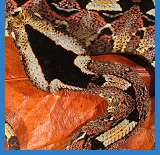
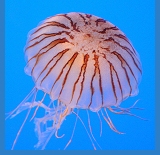
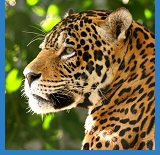
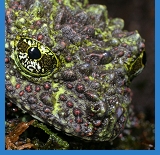
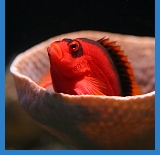
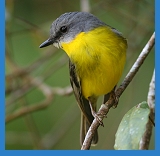

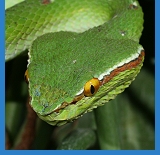
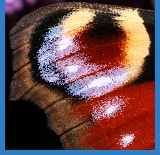
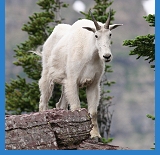
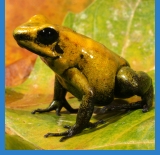
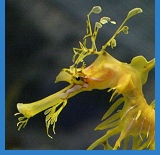
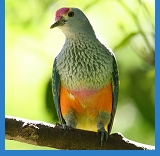

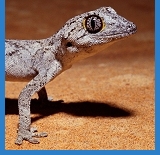
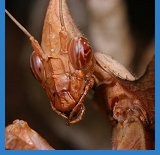
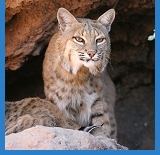
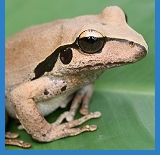
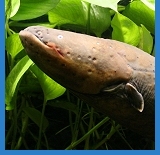
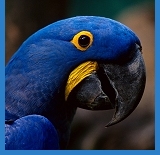

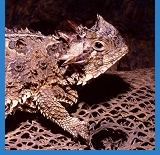
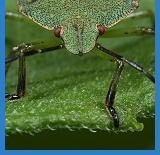
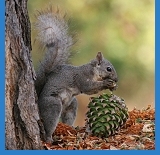
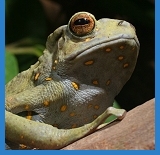
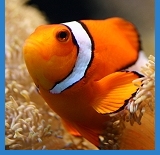
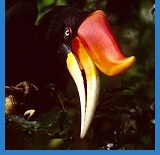

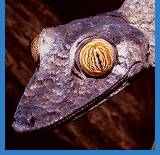
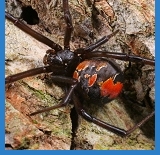
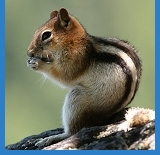
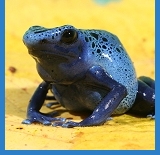
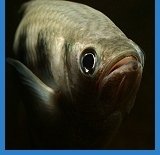
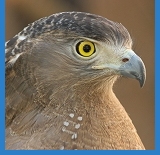

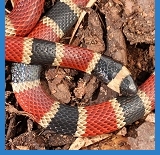
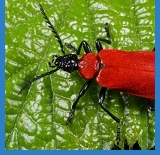
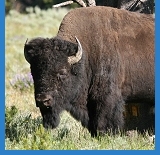
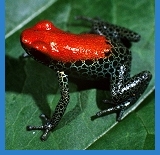
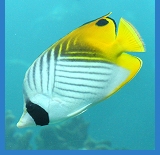
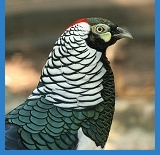

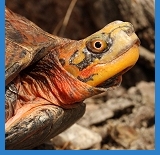
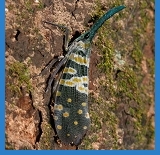

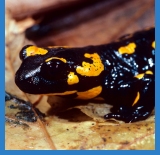

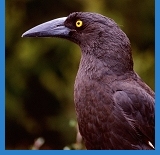

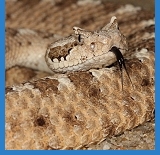
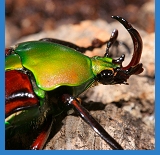
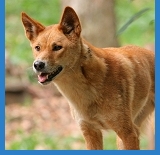
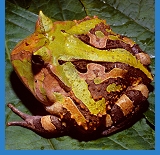
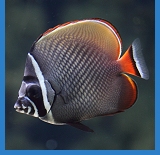
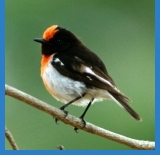

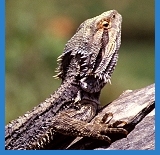
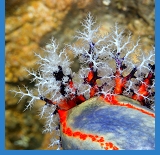
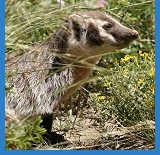
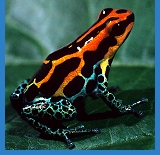
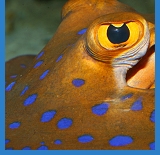
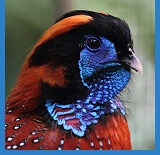

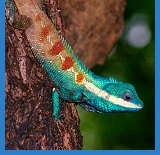
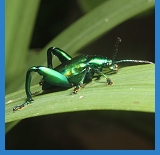
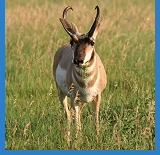
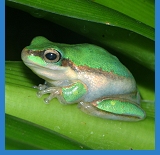
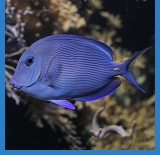
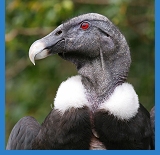

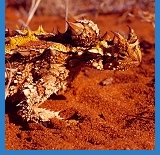
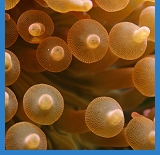
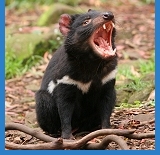
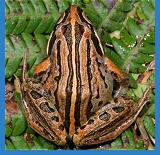
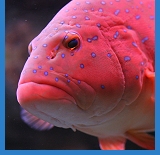
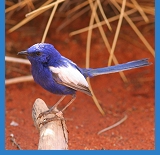

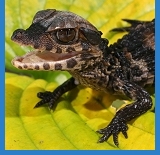
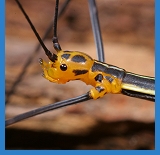
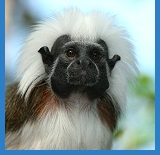
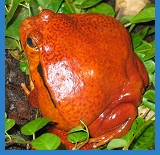
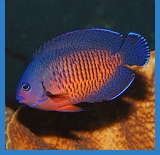
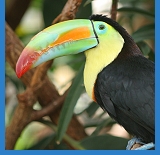

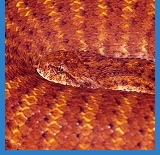
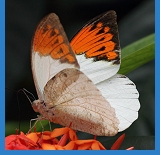
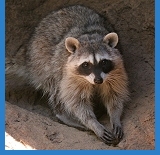
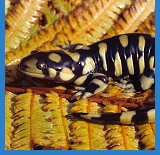
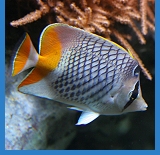
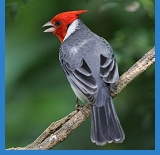

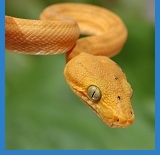
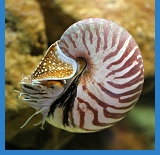
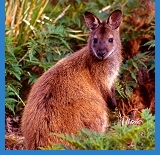
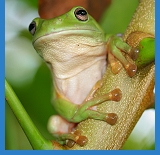
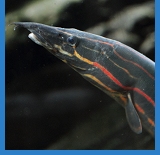
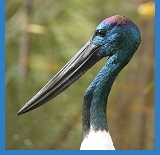

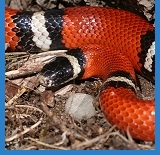
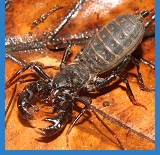
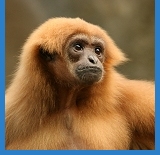
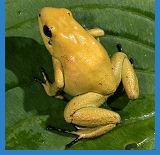
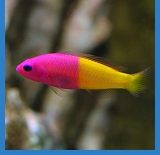
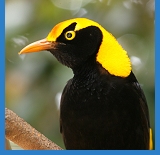

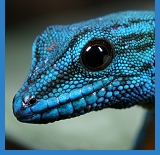
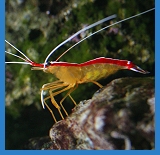
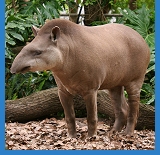
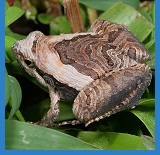
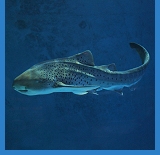
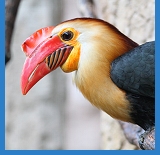

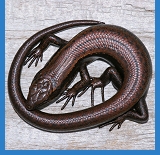
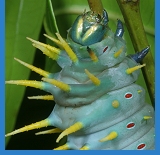
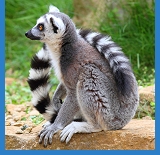
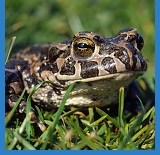
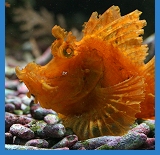
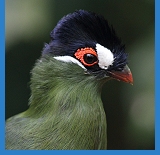

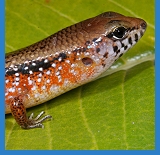
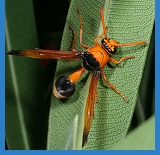
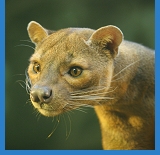
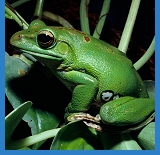
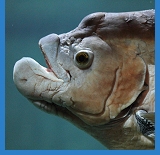
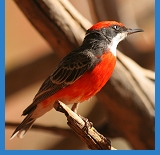

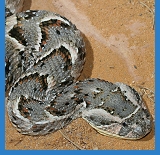
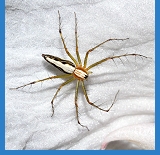
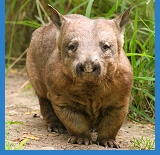
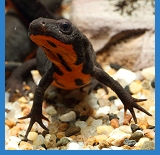
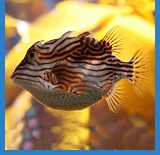


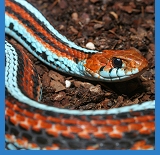
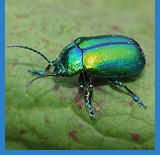
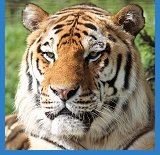
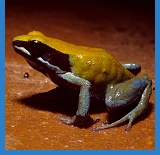
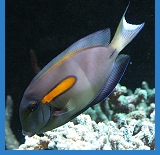
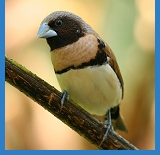

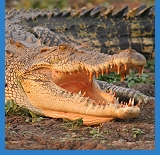
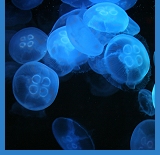
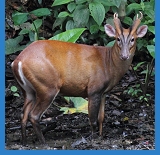
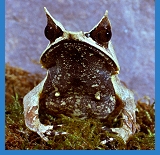
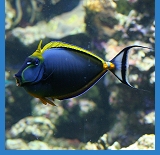
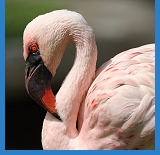

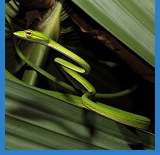
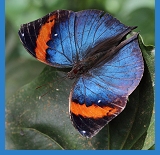
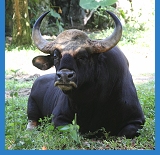
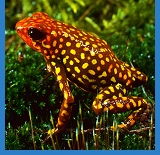
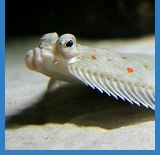
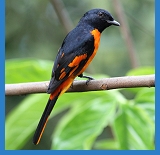

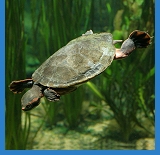
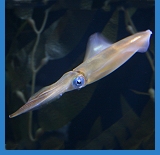
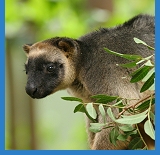
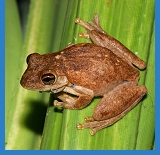
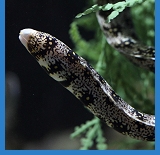
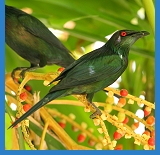

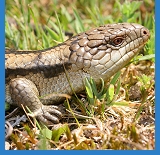
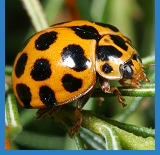
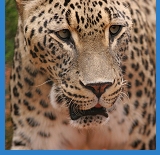
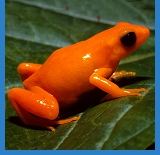
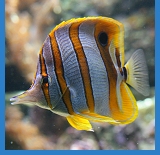
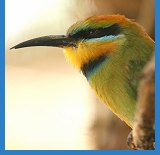

|

